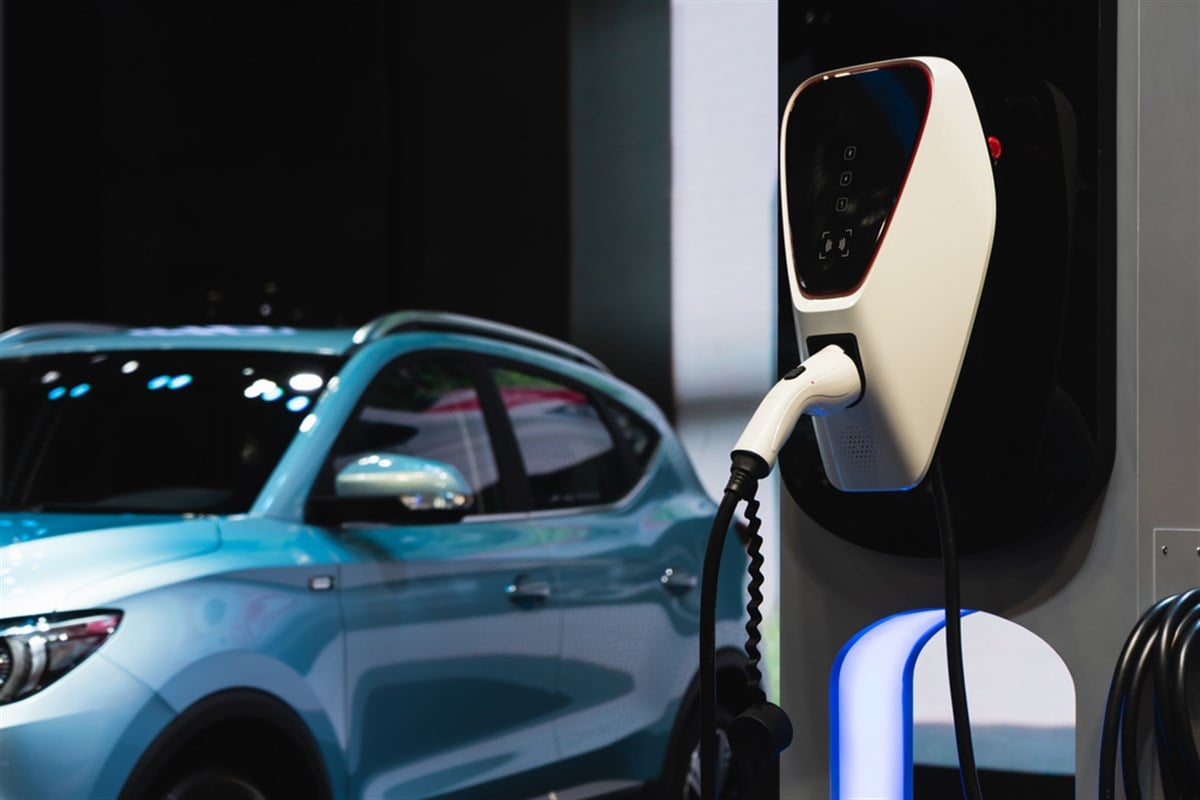
The wave in electric vehicles has made a sudden turn. The U.S. is looking to support its car manufacturers and protect them from foreign competition to realize the real value these companies carry—no pun intended—under the hood. Investors will find out why Tesla Inc. (NASDAQ: TSLA) could see brighter days ahead.
Raising tariffs on Chinese EVs, American consumers looking at BYD Company Ltd. (OTCMKTS: BYDDF) as a cheaper alternative will soon realize that it is better to stick with what the market is already familiar with, which happens to be Telsa today. Tariffs on Chinese EVs stood at 25%, but that ends this week, and new tariffs will be raised to 100% for Chinese EVs.
Investors still have a three-way strategy to get the correct exposure to these automotive stocks; it depends on risk tolerance and whether they have the stomach to take on investments in China, which has been pumping out nothing but negative headlines. However, that could change soon as economic indicators show a potential bottoming this quarter.
It’s All About Protection
Some may oppose the tariff decision. Still, consumers will now be protected through domestic technology and assembly processes, which are significantly more important when it comes to EV technology (given its newness to the market).
Knowing that Tesla has been in the U.S. longer than any other EV manufacturer, it makes sense to cushion market penetration from BYD or even NIO Inc. (NYSE: NIO). However, that may not be as immediate a problem as it seems.
Because the Chinese economy has finally recovered its inflation beat, posting three consecutive months (a whole quarter) of positive inflation, consumers may resume their EV purchases this quarter. This is where BYD and NIO stock shine despite having to scratch their U.S. plans.
This is why analysts are still willing to bet on a valuation of up to $8.4 a share for NIO, representing a net upside of 46.5% from where the stock trades today. Likewise, BYD analysts expect to see up to 21.5% earnings per share (EPS) growth this year, and there’s a good reason why.
Chinese EVs Will Be Okay
BYD’s sales mainly came from the Greater China region, with roughly 92.6% of deliveries versus only 7.4% from the rest of the world. By the way, BYD delivered a 61.9% increase in deliveries over the past 12 months, bringing the total to 3 million, making the company the leader in global EV sales.
The company will likely be okay despite U.S. tariffs. According to Dunne Insight, the average EV price in the U.S. is $47,500, while it is only $28,000 for Chinese units, perfectly fitting into the Asian vs. North American region.
As the U.S. consumer has more disposable income, not to mention a higher GDP per capita than the average Asian counterpart, BYD and NIO could still see double-digit growth by focusing on that side of the world. At the same time, Tesla keeps catering to North America.
Tesla’s Bottom Could be Secured
After falling to only 59% of its 52-week high, Tesla stock could now become the most accessible buy for investors. Considering that it dominates roughly 60% of the American EV market, analysts have much to say about the stock's current potential upside.
Those at Cantor Fitzgerald saw fit to boost Tesla’s price target to $230 a share. The stock would need to rally by as much as 30.5% to prove these valuations right.
More than that, despite disappointing outlooks on Tesla’s first quarter 2024 earnings, analysts stand by their 30.2% EPS growth projections for the year. The Vanguard Group is one of the institutions backing Tesla, which boosted its stake by 1.7%, bringing its total investment to $41 billion.
China Still Has an Ace Up Its Sleeve
Also known as NIO. The Caixin Composite PMI index, a measure of overall business in China, has expanded consistently since November 2023, so the Chinese consumer may have additional disposable income to splurge on a brand-new EV.
NIO dominates among those with an upper-middle-class income, as the starting price on NIO’s most affordable model sits at $46,100. SUVs go up to $75,000 as the company targets the most comfortable luxury consumers, which may take on water now that the economy is recovering.
As of March 2024, NIO announced total deliveries of 11,866, a 14.3% increase from the previous year, considering that the Chinese economy is still well below its normal consumption levels.














